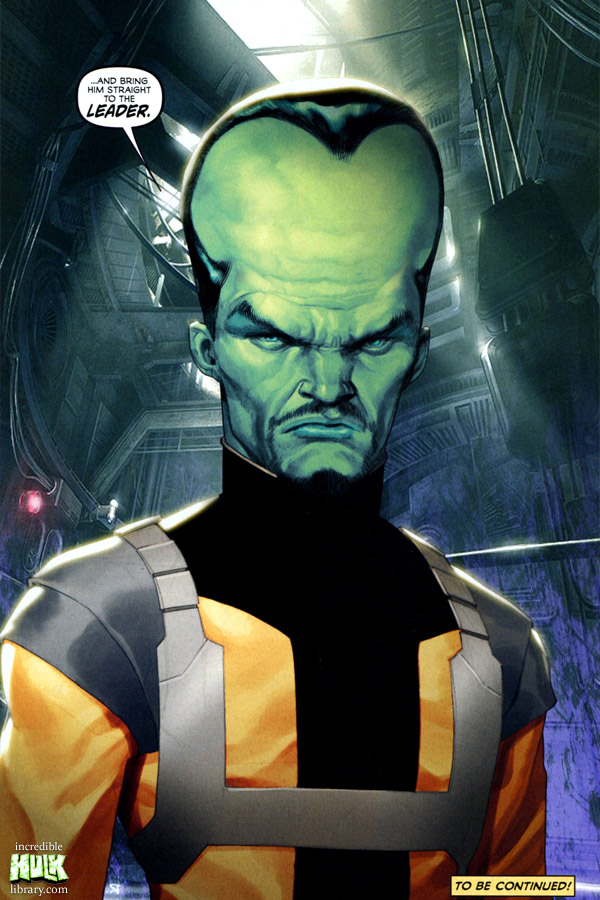

In early episodes, they convince a cold insurance administrator to approve an expensive treatment by staging a bum fight at a bus stop (per Clark, highly adrenalized moments make us reconsider who we “really” are) and reconnect a congressman with his lost values by waving Q-tips dipped in grease under his nose (an early campaign office was located above a fried chicken joint). Along with a crew of suits and nerds that’s not nearly motley enough, the brothers open Edwards and Associates, a firm devoted to changing minds and lives through the sketchiest pseudo science imaginable.

After being shanghaied from academia for obsessing over a student, Clark joins up with his brother Ross (Christian Slater), an ex-con businessman with beaucoup skeletons in his closet. Mind Games tells the story of Clark Edwards, a psychological genius who is also a touch psychotic - which is made doubly obvious by the casting of human tic Steve Zahn. But I also don’t blame viewers for wanting more meat. I admire him for wanting to give us our vegetables. After a breathless, dazzling rush of exposition, Mind Games’ unbalanced pilot makes it pretty clear which part of the show Killen actually cares about. And yet once again, the necessities of network procedurals have required Killen to spend a great deal of his time obscuring his big idea with lots of little familiar ones: family drama, daddy issues, sick kids, bickering exes. Here, it’s the idea that generations of academic study into human behavior could potentially be used by rapacious types to manipulate the world for fun and profit.
MIND GAMES TV PILOT SERIES
Like all Killen’s work, the series has a fascinating conceit.

(Disclosure: Grantland and ABC are both owned by Disney.) And while the third try is certainly charming, the cracks are also beginning to show. Mind Games, premiering tonight on ABC, is Killen’s latest attempt to combine the two sides into a single, satisfying whole. Armed with countless options and patient DVRs, today’s audience appears perfectly happy to treat their TVs like McDLTs: The noisy network fare stays hot, while celebrated, prestige cable stays cool. There are plenty of people who watch NCIS and Mad Men precisely because of their differences, not in spite of them. cop caught between two divergent realities) faltered because neither was able to reconcile a larger binary, not one of quality but of perception. Both Lone Star (about a Texas con man living a double life) and Awake (about an L.A. But in the process he’s also confusing a generation of viewers increasingly accustomed to segregating their viewing experiences. By taking cable ideas and stretching them, like taffy, into something broader, Killen is challenging the status quo. His desire to improve the pitiful state of the network drama is commendable big ideas and good big ideas especially deserve the largest audience possible.

The very public failures of Lone Star on Fox in 2010 and Awake on NBC just two years later weren’t so much referenda on Killen’s abilities as they were refutations of his entire ethos. And then, God bless him, Killen cracks his knuckles and does it all again. Or perhaps I should say he’s cursed: These scripts are invariably bought by broadcast networks hoping to smarten up their content, praised by critics for being “cable quality,” and then, when they’re finally filmed and broadcast, summarily ignored by viewers. What’s more, Killen is blessed with the rare ability to distill those ideas and puzzles into dense scripts that soar with surprising, entertaining lightness. He’s a restless and curious thinker, his mind spilling over with startling ideas and ingenious puzzles. Dead is dead, no matter what cause you dress it up in.Ĭalling Kyle Killen the most interesting writer splashing around in the shallows of network TV may sound like faint praise, but it shouldn’t. What to do with the kamikaze? Do we admire his reckless sacrifice or do we fear a bravery that looks supiciously like insanity? Maybe the correct response is pity.


 0 kommentar(er)
0 kommentar(er)
